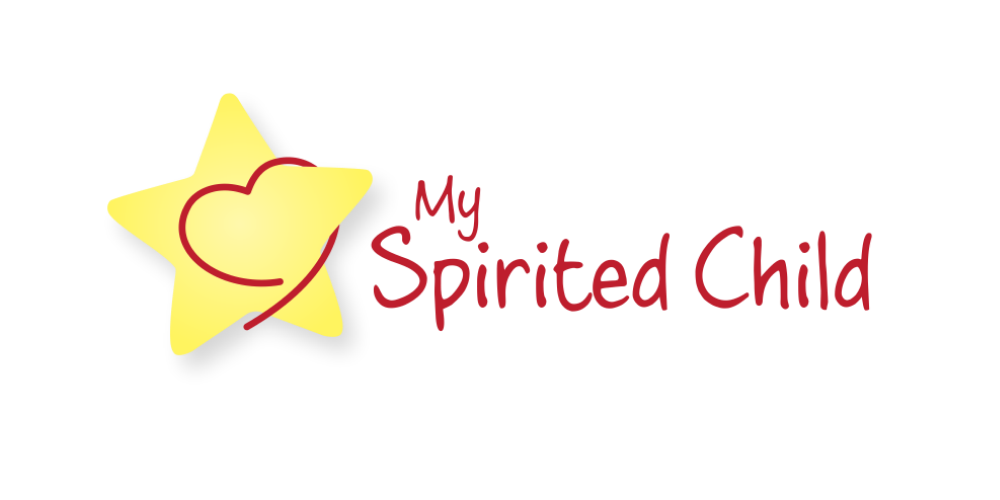

Olwen Forker is the clinical director of BackChat Speech Pathology and mum of three busy boys – two of whom are clinically diagnosed with ADHD.
Her area of clinical interest is in the early intervention field and she is a big believer in lots of “Talk talk talk”, PLAY and in the importance of reading routines with young children. Olwen is also a very specialised & experienced clinician working in the ADHD area, and is published with a paediatrician in Australia’s foremost paediatric journal, on her results and outcomes with children with inattentive ADHD who also present with severe Dyslexia. Her passion and a specialty of her clinic, is working with school aged students with ADHD that are struggling with Reading acquisition in particular those that present with Dyslexia that impacts on ‘whole brain’ function.
Olwen also consults extensively for organisations including: Family Day Care Australia, The Pajama Foundation and she regularly presents across Australia at events including the Early Childhood Australia Conference and the National Foster Care Conference. She works extensively with children living in Out of Home care with neurodevelopmental conditions, and is an advocate for improving early identification, better intervention and for changing the conversation surrounding children with ADHD and how their whole of life outcomes – and life trajectory – can be changed, with improved access and early treatment.
In this talk Olwen will discuss the latest fMRI research on ADHD and how it is not ‘just’ an issue with behaviour, but is a multifocal brain impairment. She will also look at ‘red flags’, Indicators in the early years, Kindy years and in the first 2 years of school. What to look for, what questions to ask the teacher, what to observe when you are in the classroom helping, What questions to ask your treating therapist and Dr.
Olwen will go on to cover the topic of intervention. As a mum and paediatric SLP Olwen’s daily intervention with her son targeted not ‘just’ the language deficit, but the multifocal issues children may have.

